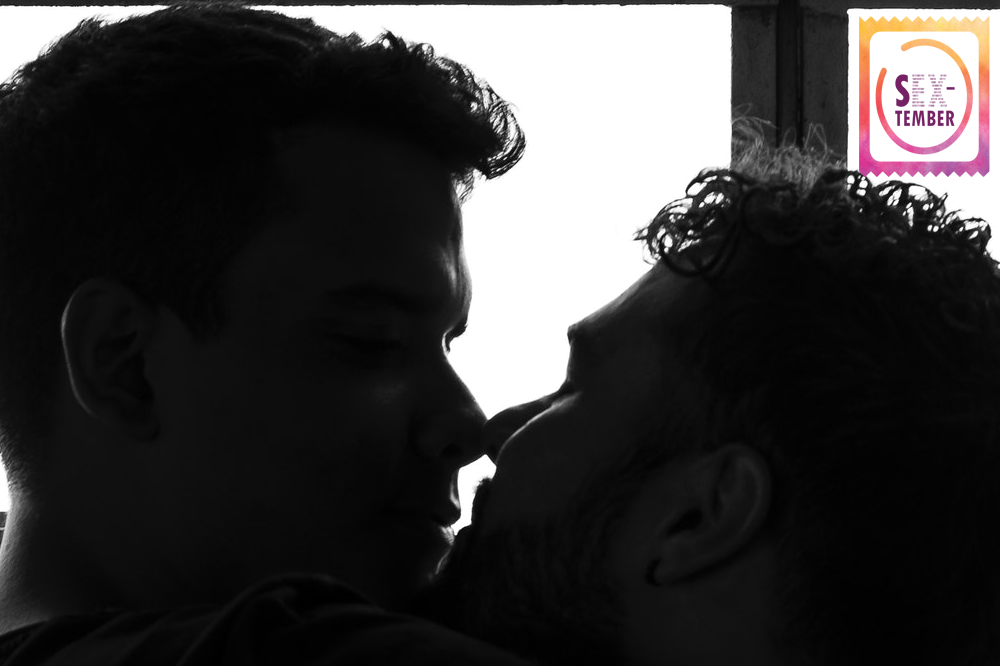For this year’s Sextember, we embrace identities and pride in international students. Being comfortable in your skin and knowing how to play safe is vital in your life. We’ve talked about HIV and what it is, How it’s transmitted and who might be vulnerable.
But the truth is, stigmas and fears or judgment still prevents people from seeking out help. And it shows. Since 2013, migrants who are born in East Asia contribute to one of the highest numbers of late HIV diagnosis here in Australia. This means that they only find about their condition years after they’ve been infected.
Are any of these international students? With the number of international students increasing every year, we might be a vulnerable group. Research by public sexual health centers in Melbourne and Sydney reveals that out of a hundred and eleven Asian men who are found positive, sixty-eight of them are newly arrived international students.
Why are international students/migrants more affected by HIV?
Migrants and students who came to Australia are likely unaware of information and resources when coming to Melbourne. They face cultural/religious stigmas, fearing discrimination because of their sexuality. This halts them from seeking information which puts themselves and other people at risk. According to the Kirby Institute, there is an estimate of 790 people who were born in Southeast Asia who are unaware that they are HIV positive.
Newly released research in the International Journal of Environmental Research and Public Health interviewed 77 focus groups participants about why they might be reluctant to seek help. Among international students, the prevalent concern comes from the cost of treatment. Most are afraid of being unable to pay exorbitant fees because without Medicare, they are unable to enroll in subsidised programs to get treatment and instead will have to pay out of pocket.
For many women in the group, confidentiality and fear of judgment were the biggest setbacks. To them, reporting your sexual behaviour or undergoing tests is asking to be judged based on your behaviour, and they are afraid that the information might be leaked to a relative.
Homophobia and taboos about HIV and HIV infected people are also a barrier. Some of the participants said that they saw little to none messages about HIV, as they are mostly directed for Australian gay men. Having a sexually transmitted disease (STD), going to the clinic are considered a punishment of their behavior.
What you should actually know more about HIV treatments.
Yes, HIV currently has no cure. You would live with HIV for the rest of your life but it is possible to manage it and live with the best quality of life possible. There are several ways of approaching and treating HIV:
PrEP (Pre Exposure Prophylaxis) are preventative measures to take if you think that you’re at risk of getting infected. This takes the form of a pill that you take every day. PrEP is better than condoms to prevent HIV but remember, PrEP is to prevent HIV only.
PEP (Post Exposure Prophylaxis) is an immediate 4-week treatment if you believe that your recent encounter might get you HIV. You’ll need this if you’re not on PrEP.
ART (Antiretroviral Therapy) is a treatment for those who have already contracted HIV. ART prevents HIV positive individuals from spreading the virus. This works by reducing the HIV count in your body and prevent it from multiplying and destroying your immune system, though it can’t remove the virus entirely. Research shows that ART does increase life expectancy and live a healthy life.
ART treatment has been considered as “treatment as prevention” globally by the CDC and played a role in reducing the number of new HIV transmission in Australia.
Knowing which treatment suits you won’t matter if you don’t know your HIV status. This is why getting regular and consistent checks are important. Not just for HIV, but for other possible STDs as well.
Aside from getting tested yourself you should also politely encourage your friends to join you to go to a clinic and get tested. HIV is not a death sentence, but being unaware can make it fatal.
Where to find help
Here are some lists of places and contacts you can reach out to either to get tested, or to ask questions about HIV/AIDS and sexual health:
- Your Overseas Student Health Cover (OSHC) Provider
- University wellness Centre
- Could I have it – find your local sexual health centre
- Get PEP – Australian Federation of AIDS organisation
- PAN – to see more information about getting PrEP medication
- Ending HIV – Info on HIV/AIDS awareness campaign in New South Wales
- Thorne Harbour Health – information and resources on sexual health in Victoria

